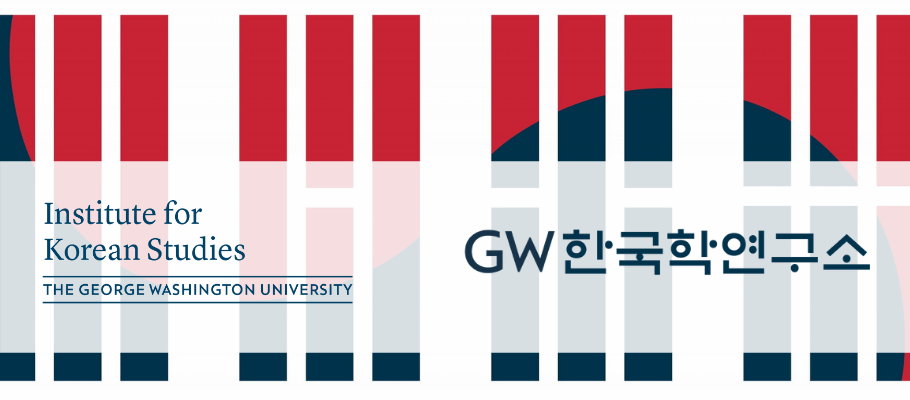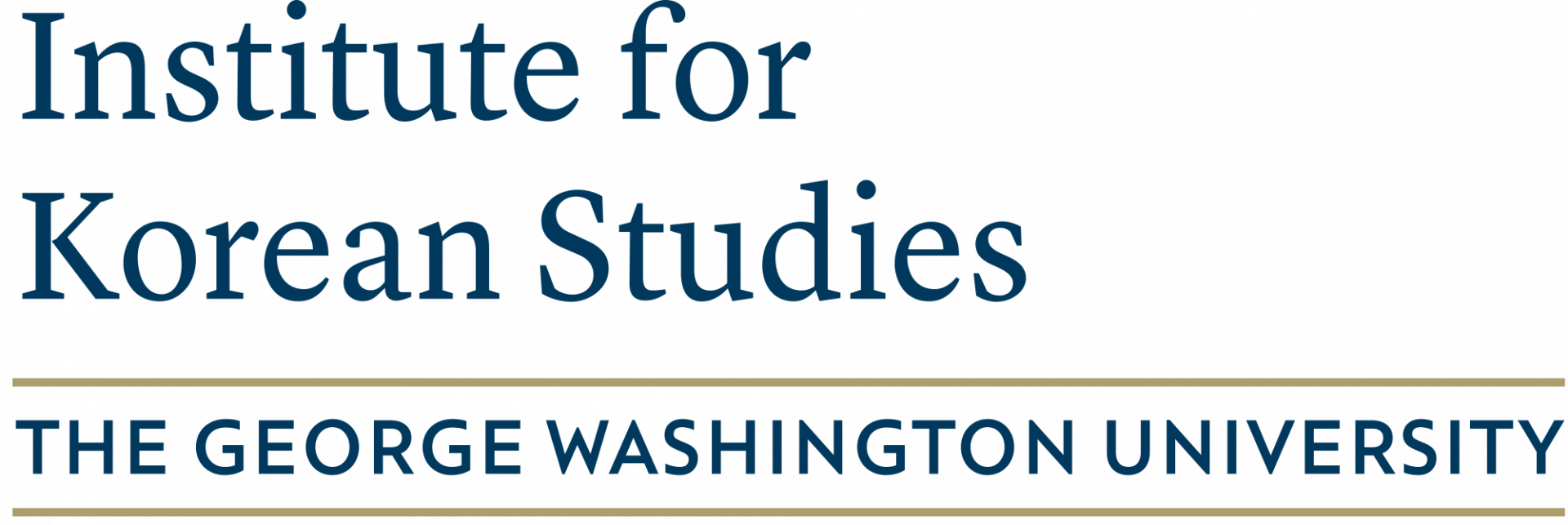
Upcoming Events

Soh Jaipil Lecture Series: Jung Eun Kwon
Since 2003, South Korea has consistently recorded the highest suicide rates among member countries of the Organisation for Economic Co-operation and Development (OECD). This trend has unfolded alongside a persistently low birth rate and overall population decline, changes that parallel the country’s neoliberal turn in the late 1990s. In response, the Korean government launched a state-led suicide prevention initiative in 2005, influenced by frameworks promoted by the World Health Organization (WHO). Despite more than two decades of continuation and expansion, the initiative has produced a limited measurable impact, as reflected in the persistently high numbers and rates of suicide currently.
In this presentation, Kwon examines South Korea’s state-led suicide prevention project by tracing how suicide and care are conceptualized and implemented within administrative systems and institutional practices. Drawing on ethnographic fieldwork conducted between 2021 and 2022 while volunteering at multiple public suicide prevention centers and non-governmental organizations in South Korea, she explores how prevention efforts translate complex distress into standardized categories, protocols, and measurable outcomes. While these processes enable programmatic coherence, monitoring, and assessment, they also narrow how suicide and care are understood and addressed, limiting the scope of empathetic engagement and practical support available to individuals in crisis.

Signature Conference: Cold War Economies in the Two Koreas
Join us in person for an insightful dive into the Cold War economies of North and South Korea! This event brings together experts and enthusiasts eager to explore how the two Koreas shaped their economic paths amid global tensions. It’s a perfect chance to learn, network, and discuss some fascinating history. Don’t miss out on this unique conference experience!
Event Description:
The Cold War divided the Korean peninsula and pushed North and South Korea on to two very different but sometimes strangely similar developmental trajectories. In this conference, we will look at different aspects of the North and South Korean economies during the Cold War. We will examine how the Korean War impacted both Korean states economically and how each state tried to modernize and develop in the aftermath of the war. The conference will also pay attention to how outside powers such as the United States and China shaped economic development in the two Koreas. Ultimately, this conference seeks to understand how the Cold War economic transformations of North and South Korea left an indelible imprint on the peninsula, the East Asian region, and the world.
Special Events

Monthly US-ROK Policy Brief
The Future of U.S.-South Korea Nuclear Cooperation: Finding Policy Direction in a Tempestuous Time
Issue 17 (January 2026)
By Ankit Panda
Edited by Celeste Arrington, Yonho Kim & Jungchul Lee
Announcements & News

GWIKS Visiting Scholars had the privilege of meeting with Chung K. Pak, Chief Administrative Law Judge of Maryland (Office of Administrative Hearings). We received an insightful briefing from his Operations Director, toured the main courtroom where Chief Judge Pak’s portrait is displayed, and discussed the work of the Office of Administrative Hearings. Grateful for the opportunity and looking forward to a planned visit to the Montgomery County, Maryland, Prosecutor’s Office next month.


Past Events



